Companies That Double Down
September 28, 2012 in Daily Bulletin, Signature
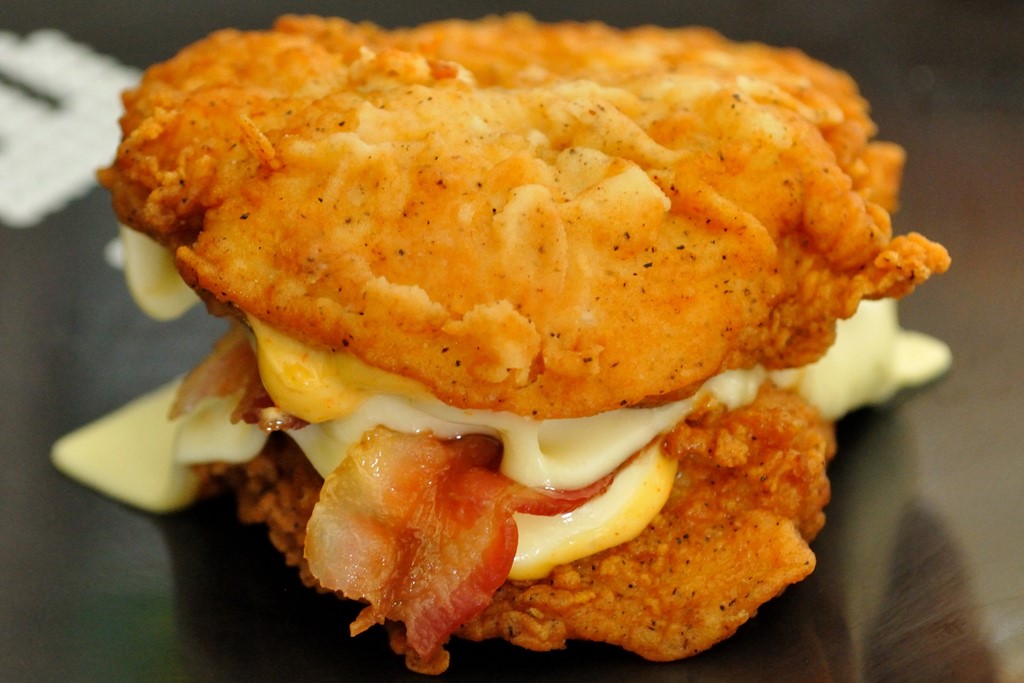
When the CEO of a technology company is facing uncertainty it is common to hear them say that they are “doubling down” on the product. Dan Seifert pointed out that generally speaking CEOs say this before impending failure. Highlights of the article include:
- After HP acquired Palm, HP’s Vice President said that the company would double down on Palm’s mobile operating system. HP then released two mediocre phones, and a tablet that was so bad it had to be pulled after less than two months on the shelf.
- Apple’s Tim Cook said that the company would double down on the secrecy of its products in May 2012. Instead a series of leaks meant that when Apple’s CEO actually took the stage to release the iPhone 5, there were no surprises.
- Google said that 2012 would be the year that they would “double down” on tablets and dominate that market. Thus far they appear to have failed.
- The term ‘doubling down’ originates from the game of Blackjack. But in Blackjack if you double down at the wrong moment then you’re likely to lose. Instead companies should use another term that comes from the casino: going all in. The stakes are high, the risks are terrifying, but the ultimate payoff can be a game changer.
- Or perhaps the companies meant the greasy, salty, double down sandwich released by KFC (pictured above). It has, after all, been fairly successful, and perhaps they meant that they wanted to emulate that success.
Read more about Facebook’s attempts at doubling down, and the problem with Siri over here.
Source: The Verge
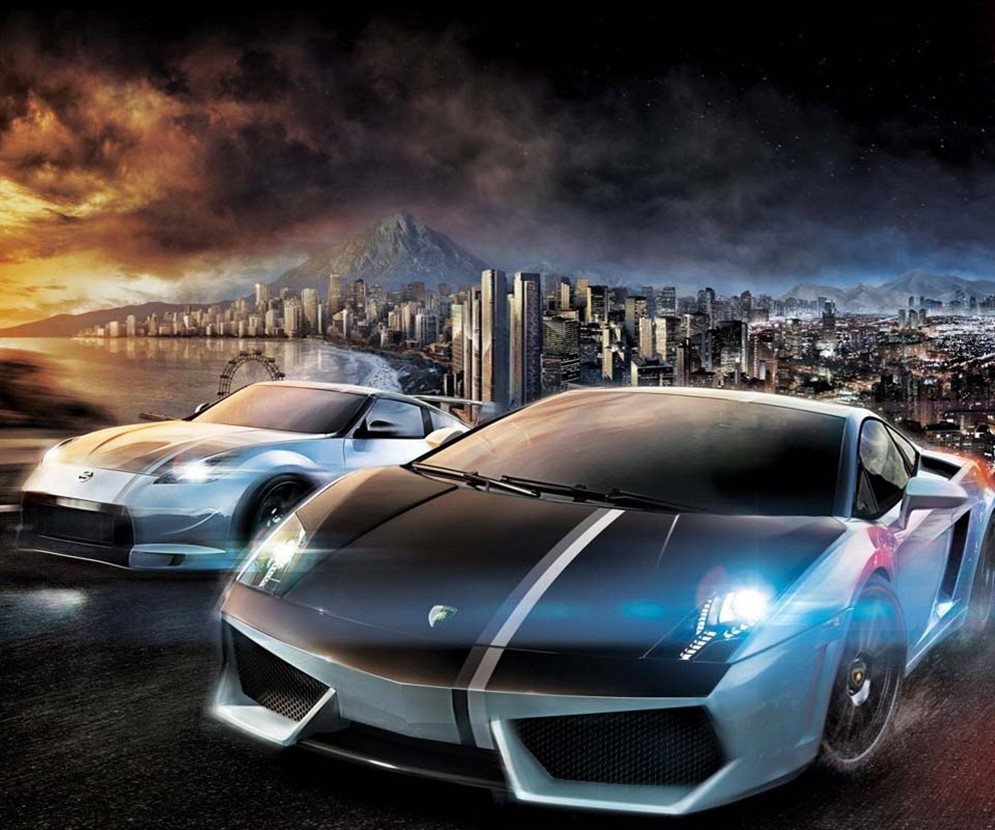
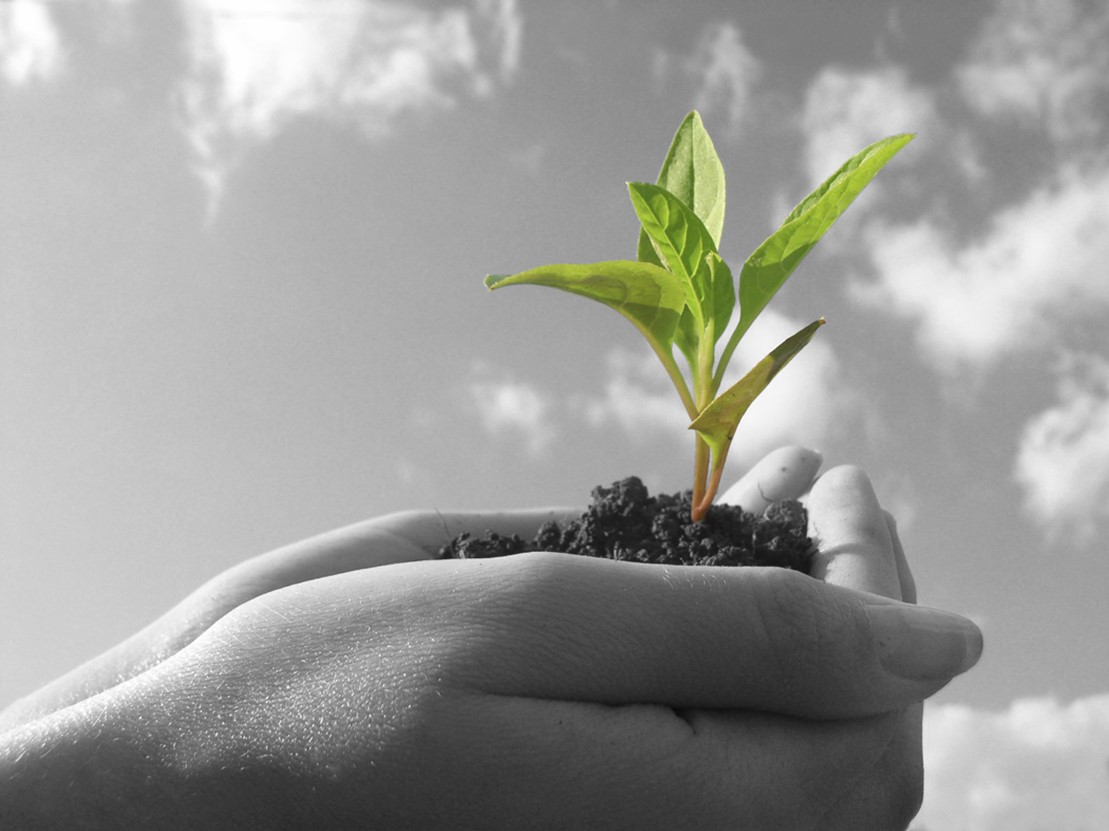
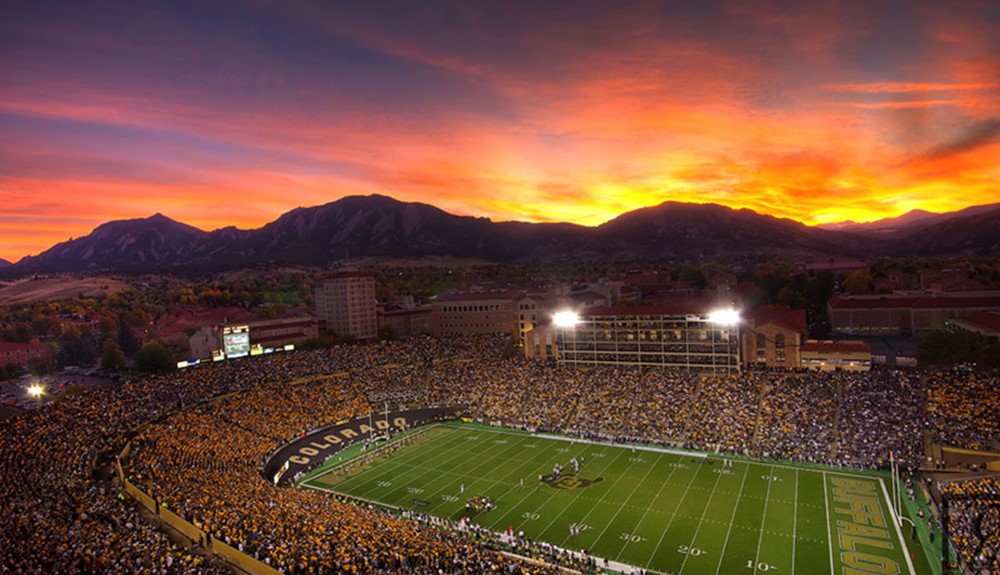
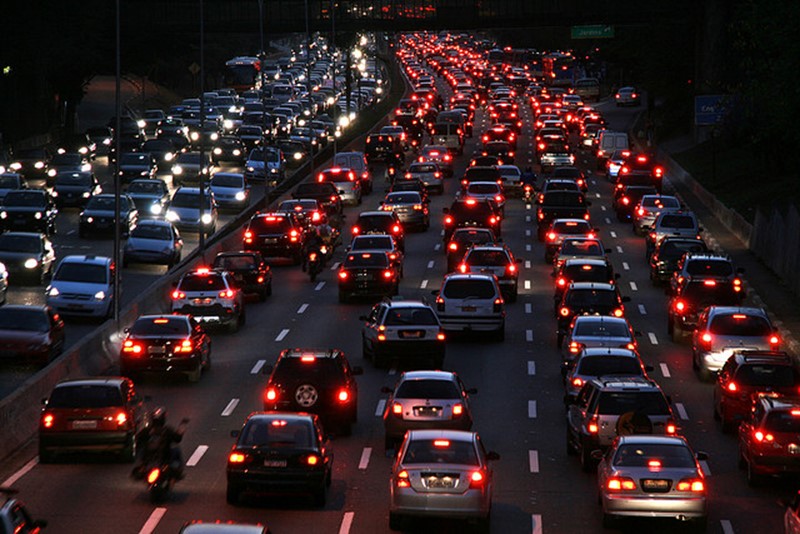
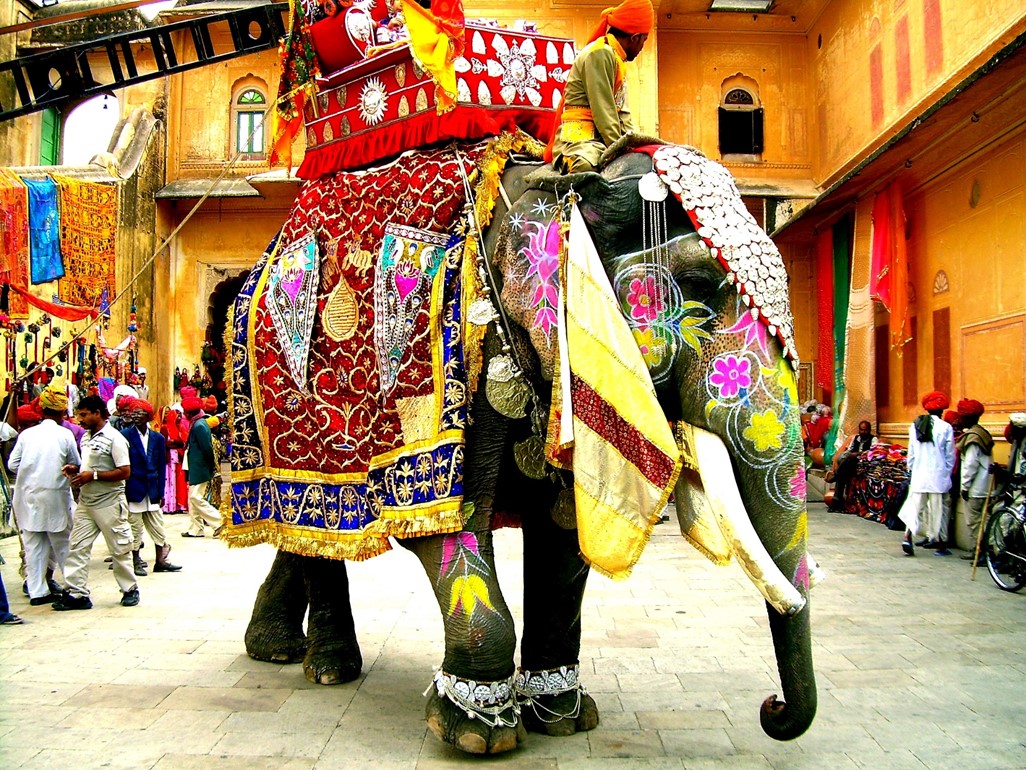

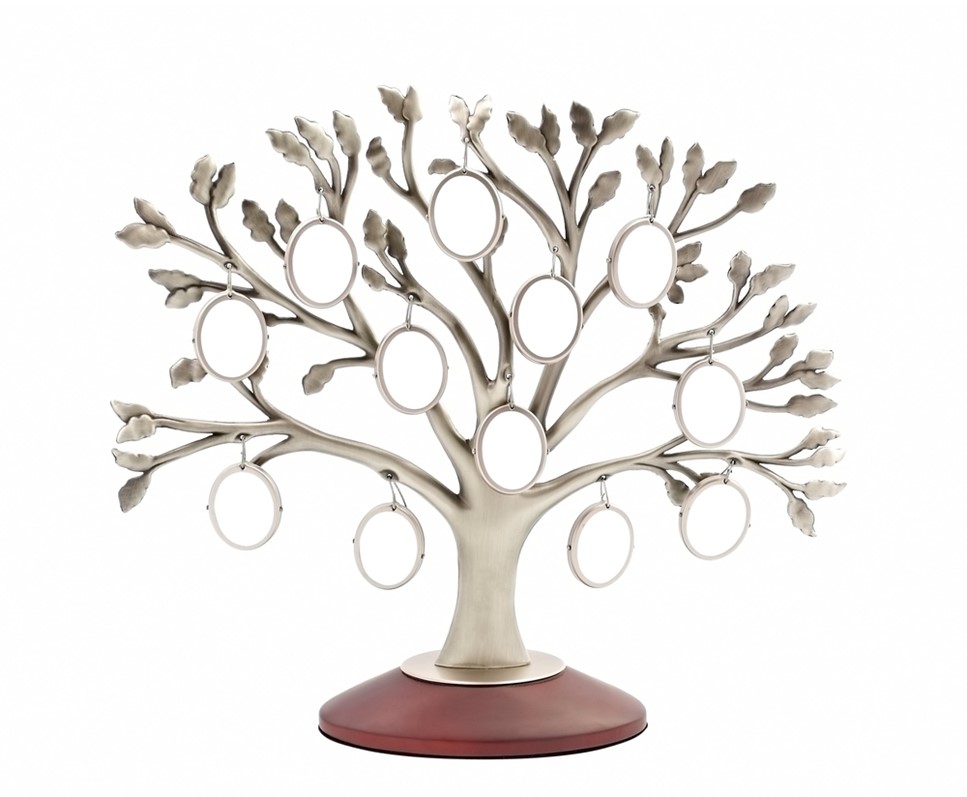

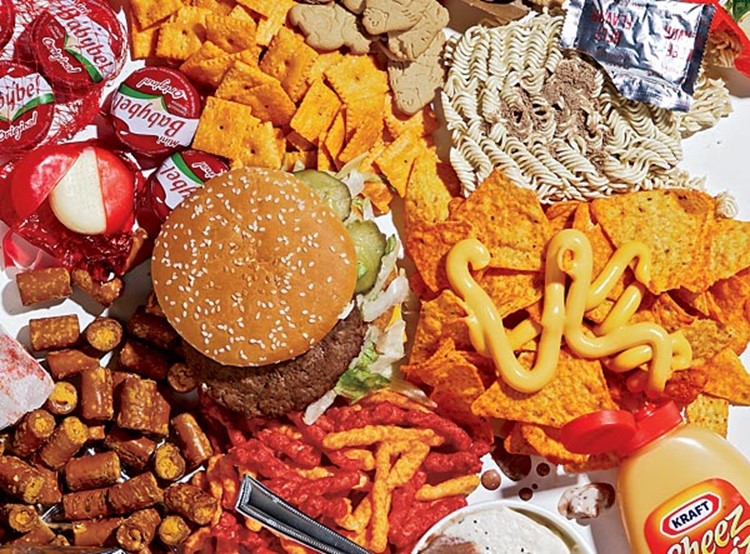
Join the Discussion! (No Signup Required)